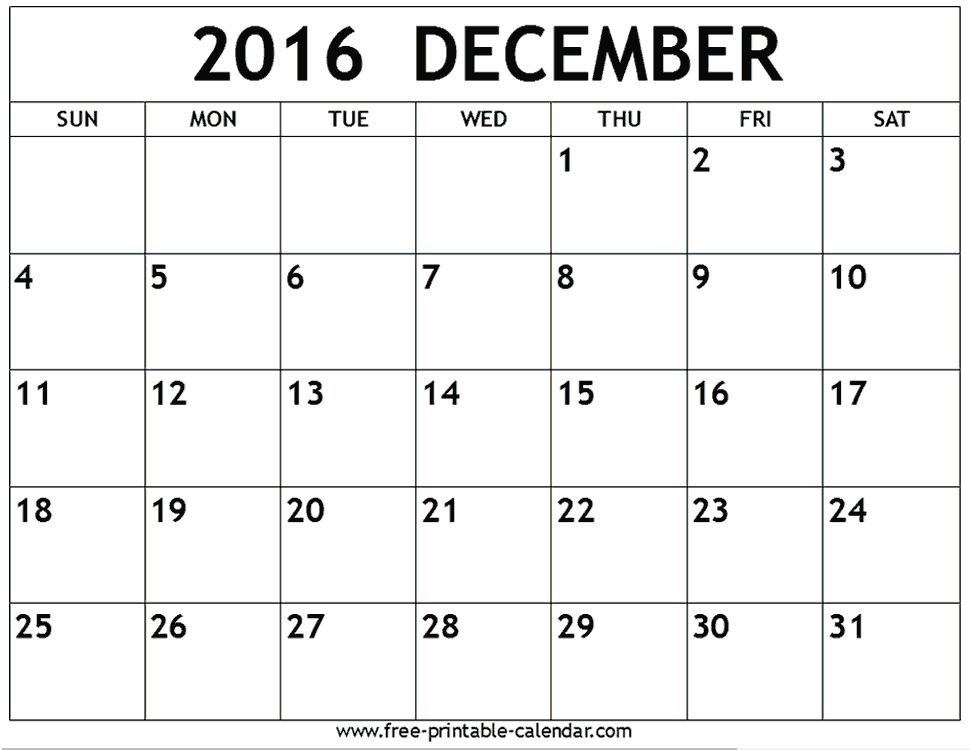Seven years ago, the recession officially ended. According to the National Bureau of Economic Research’s (NBER) Business Cycle Dating Committee, the organization responsible for declaring the beginning and end of U.S. expansions and contractions, June 2009 was the nadir of the worst recession since the Great Depression. Yes, employment bottomed out six months after the official end date, but that NBER says that is to be expected, because a recession “is a period of diminishing activity rather than diminished activity.” In other words, although the economy was still weak after June 2009, with lingering high unemployment, it had expanded considerably from its trough 15 months earlier.
Where does that leave us today? The U.S. has seen a sluggish recovery, but the economy is far better off than it was seven years ago, by almost every objective metric. That said, a seven year expansion seems ripe for a breather, which is why so many are worried about the next recession. Adding to the concern was a report last week from the World Bank, which downgraded global growth estimates. “Overall growth remains below potential” and “looking ahead, the prospects of global growth remain muted.”
As expected, the commodity exporters have been hit particularly hard, but even advanced economies are stymied by sluggish growth. U.S. GDP is likely to be about 2 to 2.2 percent this year, consistent with the pace experienced over the past few years and the last few jobs reports have shown deceleration.
Amid this environment, it’s hard to see how the Federal Reserve could possibly raise interest rates when it meets this week. Although many central bankers went on a speaking junket in May, telling us that the U.S. economy had shown enough progress that a rate hike would be appropriate in the “coming months,” but the recent jobs data, combined with the dour World Bank assessment, makes it nearly impossible for the Fed to budge this week.
Instead, it’s back to parsing the Fed’s accompanying statement, the updated FOMC projections and Chair Janet Yellen’s press conference, for any signals of when the next rate hike might come. The answer, according to Capital Economics, “depends on whether the weakness in payroll employment in not just May but April too was a temporary blip or the start of a more serious downturn.”
If hiring picks up and the U.K. votes to remain within the European Union on June 23rd, the next Fed meeting at the end of July could be a possibility, but it would be a long shot. The more likely possibility would be the September meeting. If not September, it’s hard to fathom Fed action in November, just days before the presidential election. Unless there is a big uptick in economic activity, the last policy of the year on December 13 and 14, the one-year anniversary of the first rate hike of this cycle, may be the first and only Fed rate increase of 2016.
MARKETS: As U.S. indexes flirted with all-time record levels, the real action was in the bond market. The yield of the 10-year U.S. treasury tumbled to 1.639%, the lowest close since May 2013. Additionally, yields of comparable bonds in Germany and Japan, fell to all time lows, as investors bet on the continuation of sagging growth and low inflation and found solace in the overall safety of the bond market.
- DJIA: 17,865 up 0.3% on week, up 2.5% YTD
- S&P 500: 2096 down 0.2% on week, up 2.6% YTD
- NASDAQ: 4894 down 1% on week, down 2.3% YTD
- Russell 2000: 1164, flat on week, up 2.5% YTD
- 10-Year Treasury yield: 1.639% (from 1.7% a week ago)
- July Crude: $49.07, up 0.9% on week
- August Gold: $ 1,275.90, up 2.7% on week
- AAA Nat'l avg. for gallon of reg. gas: $2.38 (from $2.35 wk ago, $2.76 a year ago)
THE WEEK AHEAD:
Mon 6/13:
Tues 6/14:
FOMC Meeting Begins
6:00 NFIB Small Business Optimism
8:30 Retail Sales
8:30 Import/Export Prices
10:00 Business Inventories
Weds 6/15:
8:30 PPI
8:30 Empire State Mfg Survey
9:15 Industrial Production
2:00 FOMC Decision
2:00 FOMC Economic Projections
2:30 Janet Yellen Press Conference
Thursday 6/16:
8:30 CPI
8:30 Philly Fed Business Outlook
10:00 Housing Market Index
Friday 6/17:
8:30 Housing Starts
![Jill on Money [ Archive]](http://images.squarespace-cdn.com/content/v1/59efbd48d7bdce7ee2a7d0c4/1510342916024-TI455WZNZ88VUH2XYCA6/JOM+Blue+and+White.png?format=1500w)


